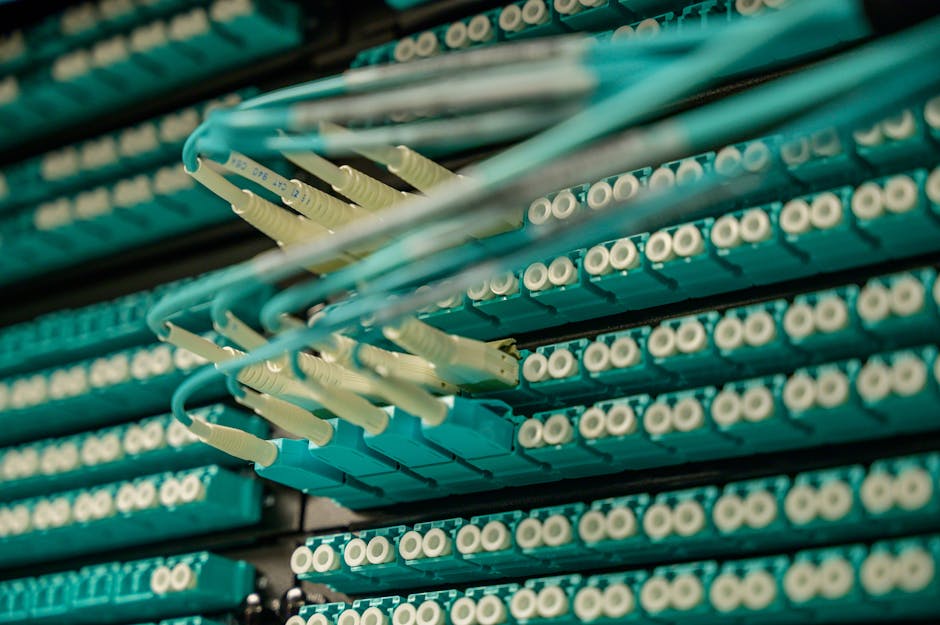 Title: Maximizing Efficiency with RF Isolators: Your Guide to Seamless Signal Transmission
Title: Maximizing Efficiency with RF Isolators: Your Guide to Seamless Signal Transmission
Are you tired of experiencing signal interference and degradation in your electronic devices? Look no further than RF isolators, the invaluable components designed to optimize signal transmission and protect sensitive equipment from the harmful effects of unwanted noise. In this article, we’ll delve into the world of RF isolators and explore their functionality, benefits, and applications, empowering you to make informed decisions when it comes to ensuring seamless signal integrity.
Surrounded by an increasingly interconnected world, it has become crucial to maintain reliable and efficient signal transmission across a multitude of devices. This is where RF isolators emerge as key players. Acting as a one-way gate for radio frequency signals, they allow energy to pass in one direction while reflecting any reverse signals back to their source. By effectively isolating the intended transmission from external noise and interference, RF isolators enhance the overall performance of your devices.
RF isolators find wide applications across various industries. In the telecommunications sector, these isolators are utilized in microwave and radio frequency systems to prevent interference and enhance the range, reliability, and clarity of signals. Additionally, in the medical field, RF isolators play a vital role in MRI machines, ensuring accurate imaging by eliminating electromagnetic interference that may impede the results. This makes RF isolators an indispensable component in critical medical diagnosis and treatment procedures.
One significant advantage of RF isolators is their ability to protect sensitive equipment from the unwanted effects of reflected power. When signals encounter impedance mismatches, a portion of the power gets reflected back towards the source, leading to signal degradation and potential damage to the transmitting device. By utilizing RF isolators, you can minimize these reflections, thus preserving the performance and longevity of your electronic devices.
Another noteworthy benefit of RF isolators is their contribution to system stability. By preventing signal feedback loops and reducing undesired oscillations, these isolators enhance the stability of the overall system, optimizing its performance. Whether you’re an engineer working on microwave circuitry or a telecommunications professional dealing with signal transmission, incorporating RF isolators in your designs can undoubtedly improve the stability and reliability of the systems you work with.
When it comes to choosing the right RF isolator, it’s crucial to consider factors such as frequency range, isolation efficiency, insertion loss, and power handling capabilities. These specifications are essential as they determine the performance and compatibility of the isolator with your specific application. Always ensure that you select an isolator that meets the requirements of your system to achieve the desired results and minimize any potential compatibility issues.
In conclusion, RF isolators are powerful tools that play a vital role in optimizing signal transmission and protecting sensitive electronic devices from interference and noise. By ensuring one-way signal flow, these isolators enhance overall system performance, stability, and reliability across a wide range of applications, from telecommunications to medical imaging. When selecting an RF isolator, it’s essential to consider the specific requirements of your system to make an informed decision. With RF isolators as part of your setup, you can enjoy seamless signal transmission, higher efficiency, and a more reliable end-user experience for your electronic devices.